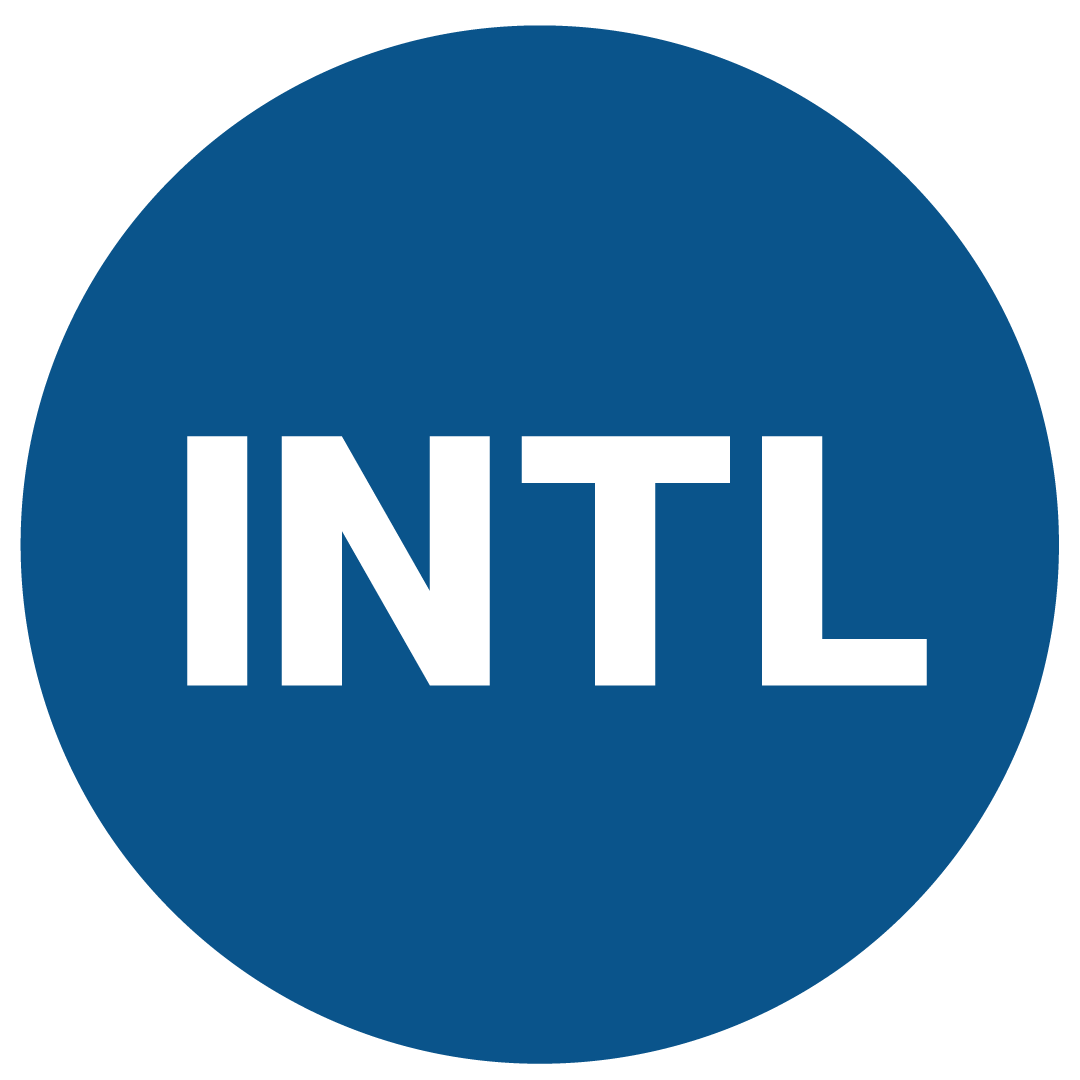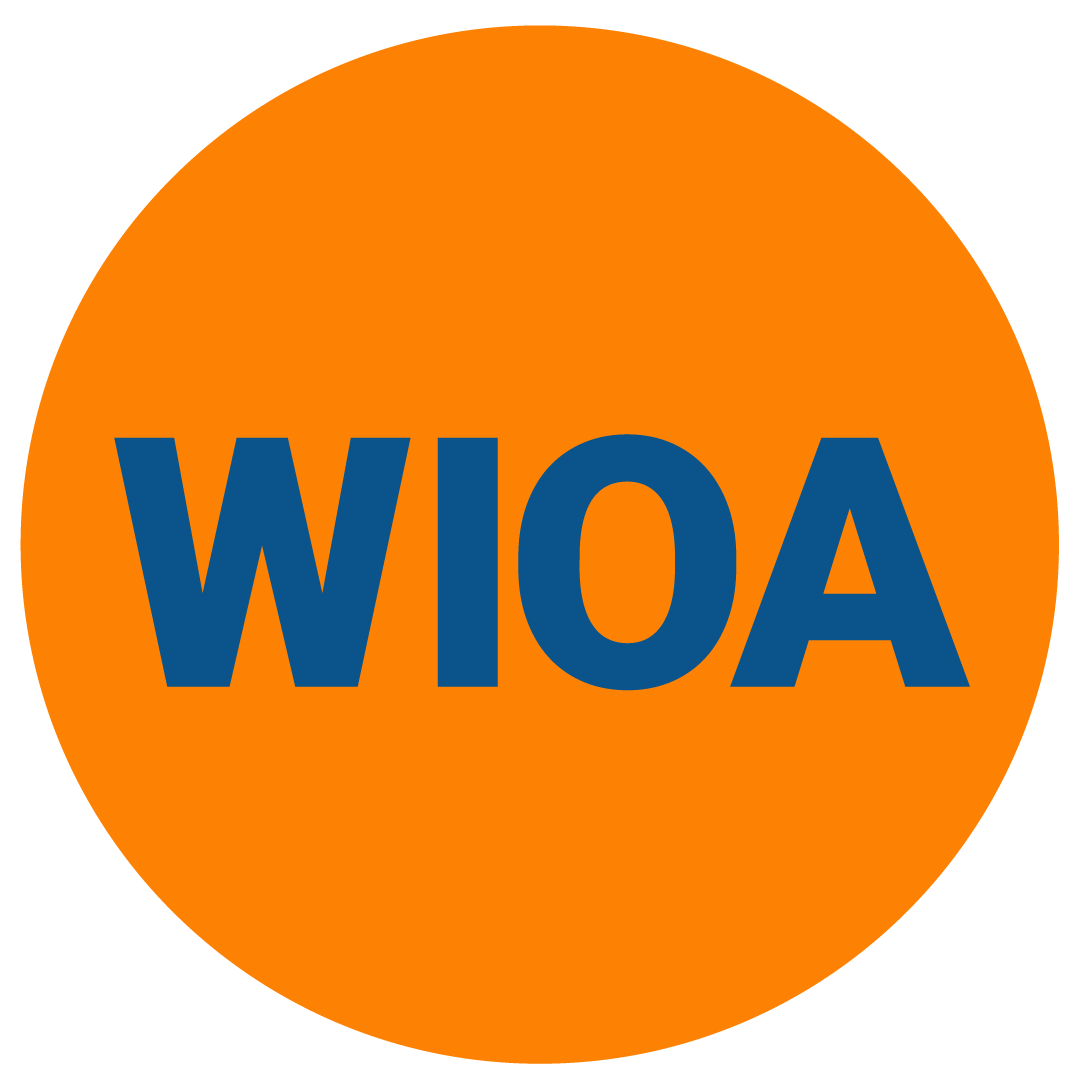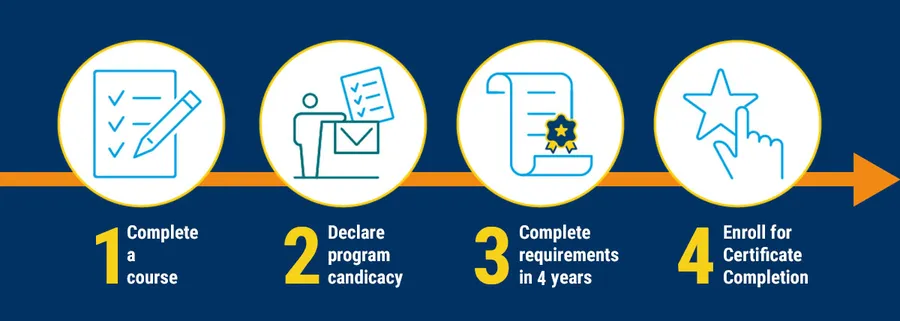
Supply Chain Management
Efficiency • Profitability • Sustainability
CONTACT US
certificate Description
Thank you for your interest in the Supply Chain Management certificate program. Due to upcoming changes in 2025, we are not accepting new candidates for this certificate program effective July 1, 2024. You are invited to enroll in any open course and pick up the practical skills you need. Please contact extension@ucsc.edu if you have any questions or need assistance.
Leadership in strategic, sustainable procurement
The supply chain network was changed significantly by the pandemic, which highlighted security and public safety, bottlenecks, and cybersecurity flaws. Organizations, strapped to get more resources, are experiencing a paradigm shift that embraces advanced technologies such as artificial intelligence.
In the UCSC Silicon Valley Extension Supply Chain Management program, you learn how to address these needs and acquire business skills for procuring finished goods and raw materials, the latest equipment, and services. Students explore emerging strategies and advanced technologies at play in every organization’s bottom line.
By learning best practices in proactive collaboration and negotiation, using data analytics to support your decisions, and practicing continuous process improvement for a path of profitability, you will help your organization accomplish its key missions and objectives.
Certificate program learning outcomes
- Acquire an understanding of supply chain management role in an organization through strategic master planning of resources in a supply chain.
- Apply data-driven principles and concepts of sustainable supply chain strategies.
- Identify the principles of customer and supplier relationship management in supply chains by applying key skills—problem-solving abilities, critical thinking, effective written and oral communication—to business situations, and learning to observe changes that could impact an organization’s bottom line.
- Apply logistics and purchasing concepts to improve supply chain operations through principles of quality and Lean management concepts to all functions throughout the supply chain network. Incorporate complexities of international shipping terms, including transportation law and deregulation.
Pursue professional certification
Each Supply Chain Management course in our program qualifies for professional certification programs. Your class hours will help qualify you to sit for the certification exams. See the Professional Development section below for details.
Program Overview
Estimated Cost: Starting at $5,550 (You pay only for courses you enroll in.) | International Tuition Cost
Program Requirements: 8 courses (16 quarter units). Take 6 core courses (13.5 quarter units) and 2 elective credit courses (2.5 quarter units).
Minimum Hours of Instruction: 160 hours of instruction.
Estimated Duration: A full-time student can complete the certificate in 9–12 months.
Modality: You can complete this program fully online, in person, or choose a mix of course formats.
Courses
1. Required Course(s):
2. Electives:
3. Completion Review:
Meet Our Instructors
Certificate Inquiry Form
Recommended Course Sequence
Please follow this sequence.
Begin with Evolving Role of Supply Chain Management. After that, courses may be taken in any order provided the prerequisites are met.
Substitutions
To receive your certificate
Upon completion of the course sequence you may request your Supply Chain Management Certificate Completion Review.
Professional Development
Further your career through professional certification
All of our Supply Chain Management courses help qualify you to sit for the certification exams for the following credentials:
- Certified Professional in Supply Management (CPSM) Institute for Supply Management
- Certified Professional in Supplier Diversity (CPSD) Institute for Supply Management
- Associate Professional in Supply Management (APSM) Institute for Supply Management
- Certified Professional Public Buyer (CPPB) Universal Public Procurement Certification Council
- Certified Public Procurement Officer (CPPO) Universal Public Procurement Certification Council
- Certified Procurement Professional (NIGP-CPP) Institute for Public Procurement
Requisite Knowledge
Please review course descriptions to ensure that you have taken necessary prerequisites or meet the requirements through job experience or previous education.
Advisory Board

RICK CLINE
Professional Services Contracts Manager, Port of Vancouver
G. BURT LANCASTER
President/Owner, Lancaster Resolve Technology
MARK MASTANDREA, MBA, MS
Director of Sales Operations and Remarketing, Lucid Motors
Instructor, Supply Chain Management Program
UCSC Silicon Valley Extension
DARIN MATTHEWS, CPPO, CPSM
Chief Procurement Officer, California Polytechnic State University
Instructor, Program Founder and Former Chair, Supply Chain Management Program
UCSC Silicon Valley Extension
SAM MELWANI, CSM, BA
Global Strategic Sourcing Manager, Nutanix
UCSC Extension Certificates: Project and Program Management, UNIX Systems Administration and Programming
NATHAN MOSLEY, CPPB
Senior Procurement Specialist III, Port of Portland
Former Instructor, Supply Chain Management Program
UCSC Silicon Valley Extension
CALEB J. ZHANG, MBA, MS
Partner, Alliance Solutions LLC.
Instructor and Former Chair, Supply Chain Management Program
UCSC Silicon Valley Extension
Establish Candidacy
Grade Requirements
Please note that only letter grades of C or higher may be applied to a certificate, and in some programs, students may have more stringent requirements. Students in most employer- and government-sponsored payment programs, such as workforce development, as well as international students on F-1 visas, need to maintain a B average to meet their requirements. Personal Financial Planning students have additional grade requirements for individual courses to attain a certificate.
See Grading and Credits Policy for further information.









